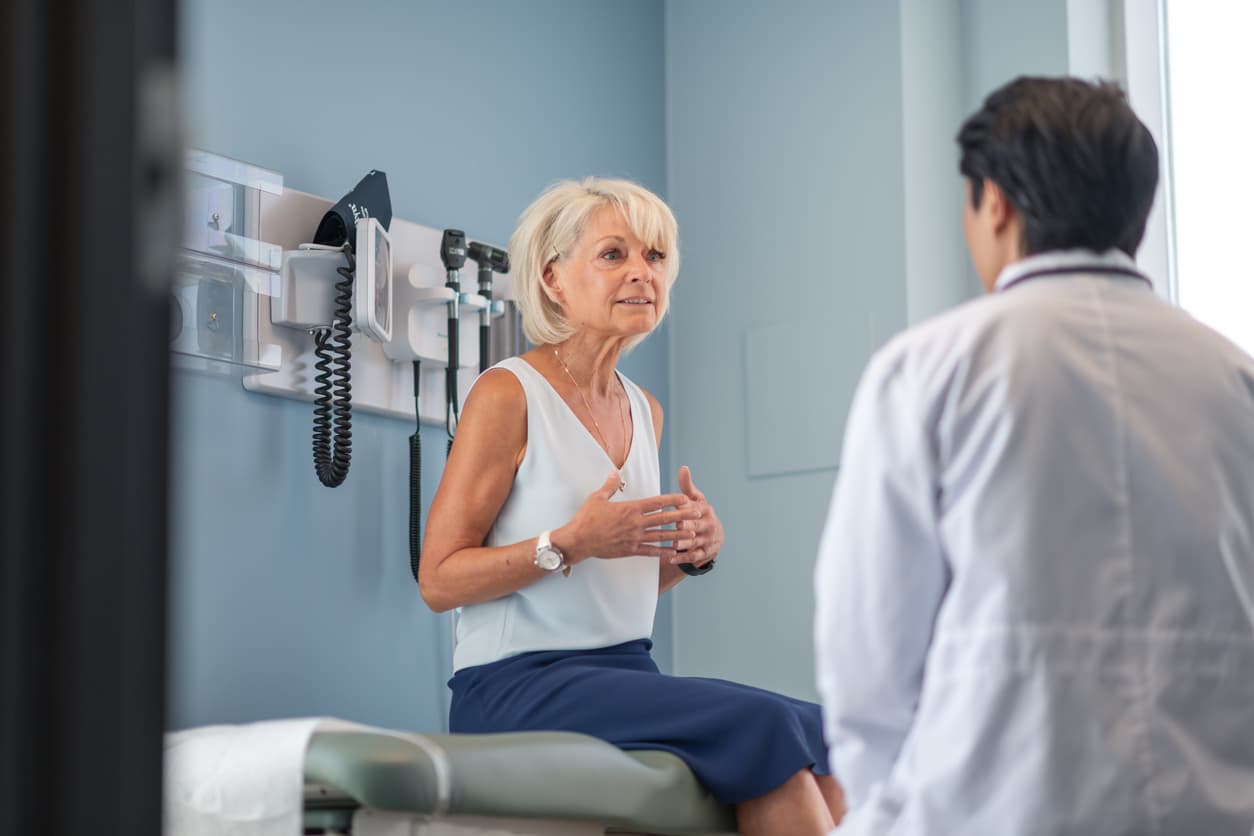Ladies, when it comes to your well-being, be proactive! Eat right, stay active, avoid tobacco, and have the following medical tests for women over 50 run to determine the state of your health. Doing so can help diagnose life-threatening diseases before damage or disabilities occur. If caught early, changes to your diet and lifestyle can often slow the progression and even reverse many of the chronic and age-related conditions that plague women in their prime.
1. Complete Lipid Panel
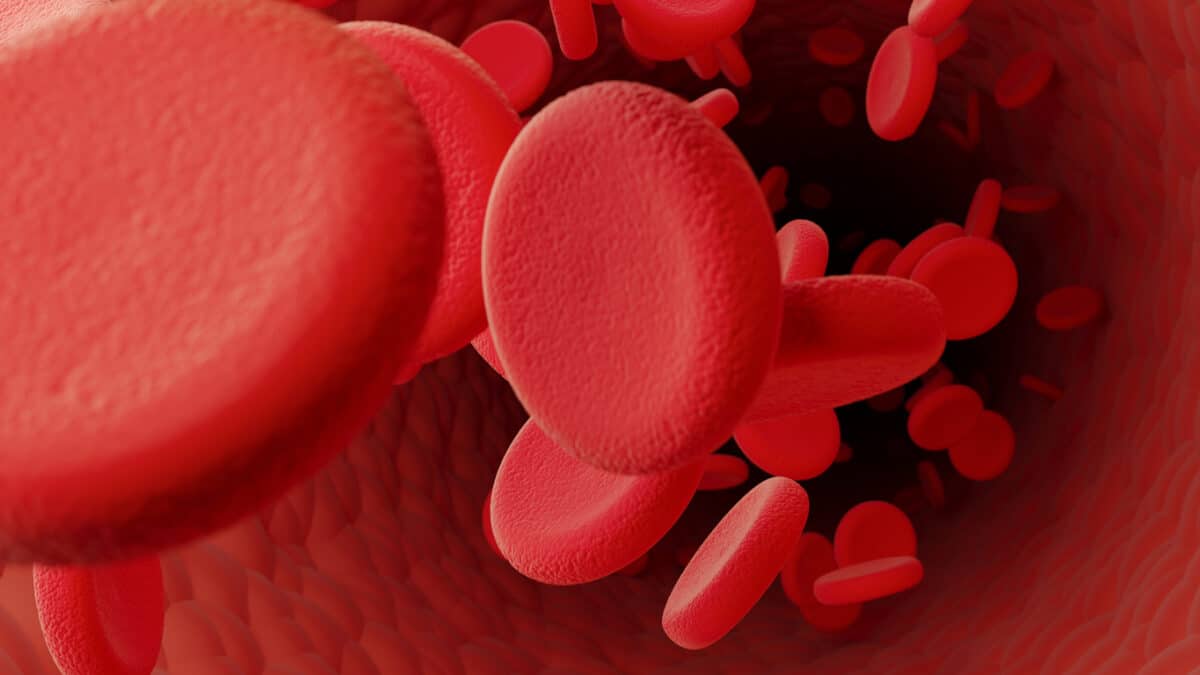
This blood test should be performed annually and measures the amounts of cholesterol and triglycerides in your bloodstream. Unhealthy levels can contribute to fatty plaque buildup in arteries, increasing your risk of heart attack, stroke, and heart disease. What’s considered healthy? An HDL level above 50mg/dL, an LDL level less than 130mg/dL, and a triglyceride level less than 150mg/dL. Many doctors, however, encourage LDL (bad cholesterol) and triglyceride levels below 100mg/dL and HDL (good cholesterol) levels above 60mg/dL.
2. Blood Pressure
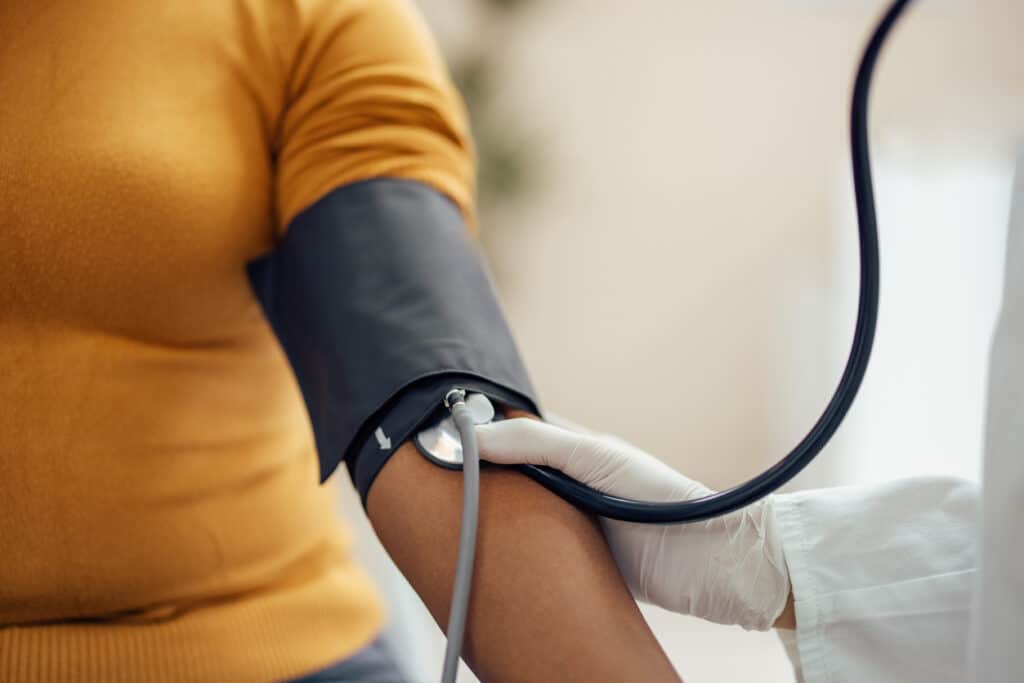
Untreated high blood pressure damages your bones, brain, eyes, kidneys, and heart, increasing your risk for osteoporosis, strokes, vision loss, kidney failure, and heart disease. Known as the silent killer, hypertension is rarely accompanied by symptoms, making annual screenings ever so important. Shoot for readings below 120/80. If your BP is high (over 140/90) or even high-normal (120/89), take your BP frequently with this home monitoring device.
3. Blood Sugar
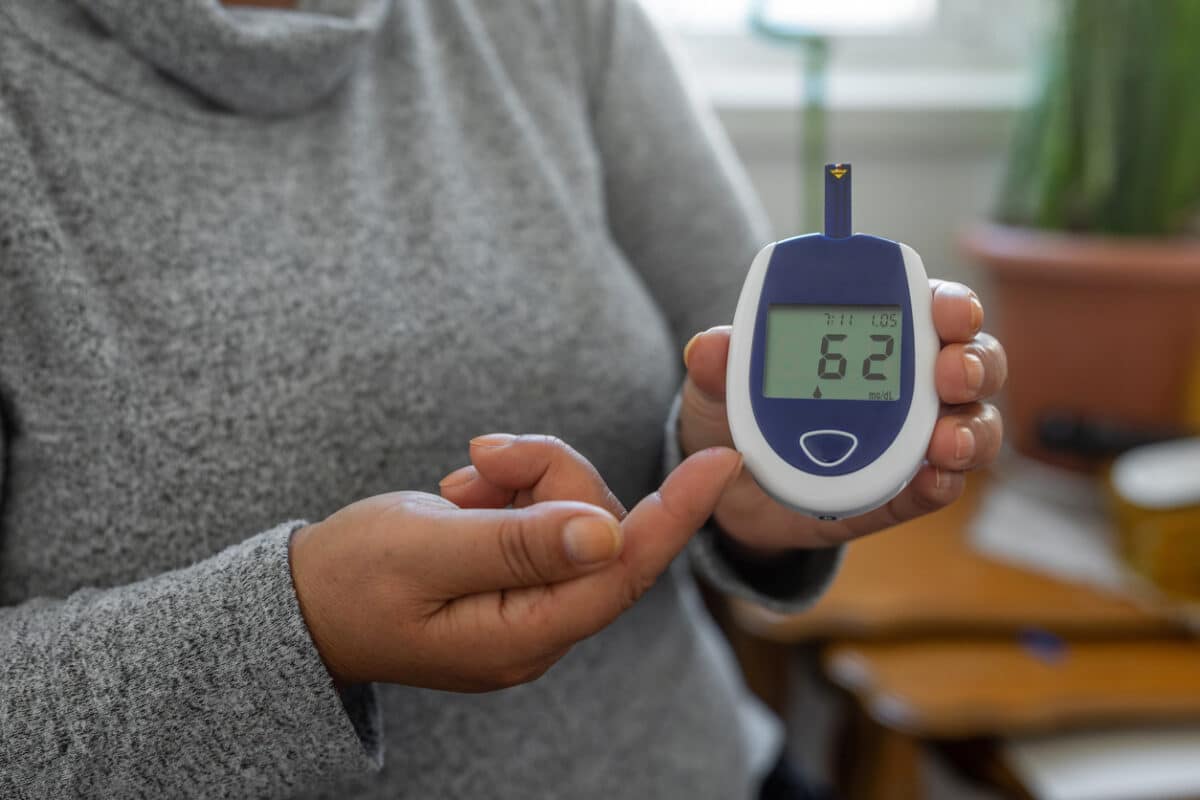
As we age, we become more insulin resistant, often resulting in high blood sugar. Elevated glucose levels damage your blood vessels, nerves, and organs, increasing your risk for Type II diabetes, heart disease, cognitive issues, and organ failure. At a minimum, have your doctor test your fasting glucose annually as part of a complete metabolic panel. This panel will also gauge electrolyte levels and kidney and liver function. In addition, have your health care provider run a hemoglobin A1C, a more accurate indicator of blood sugar levels. Keep fasting glucose levels at least below 100mg/dL, preferably below 90mg/dL, and your A1C below 5.7%.
4. Thyroid Stimulating Hormone (TSH) and Free T4
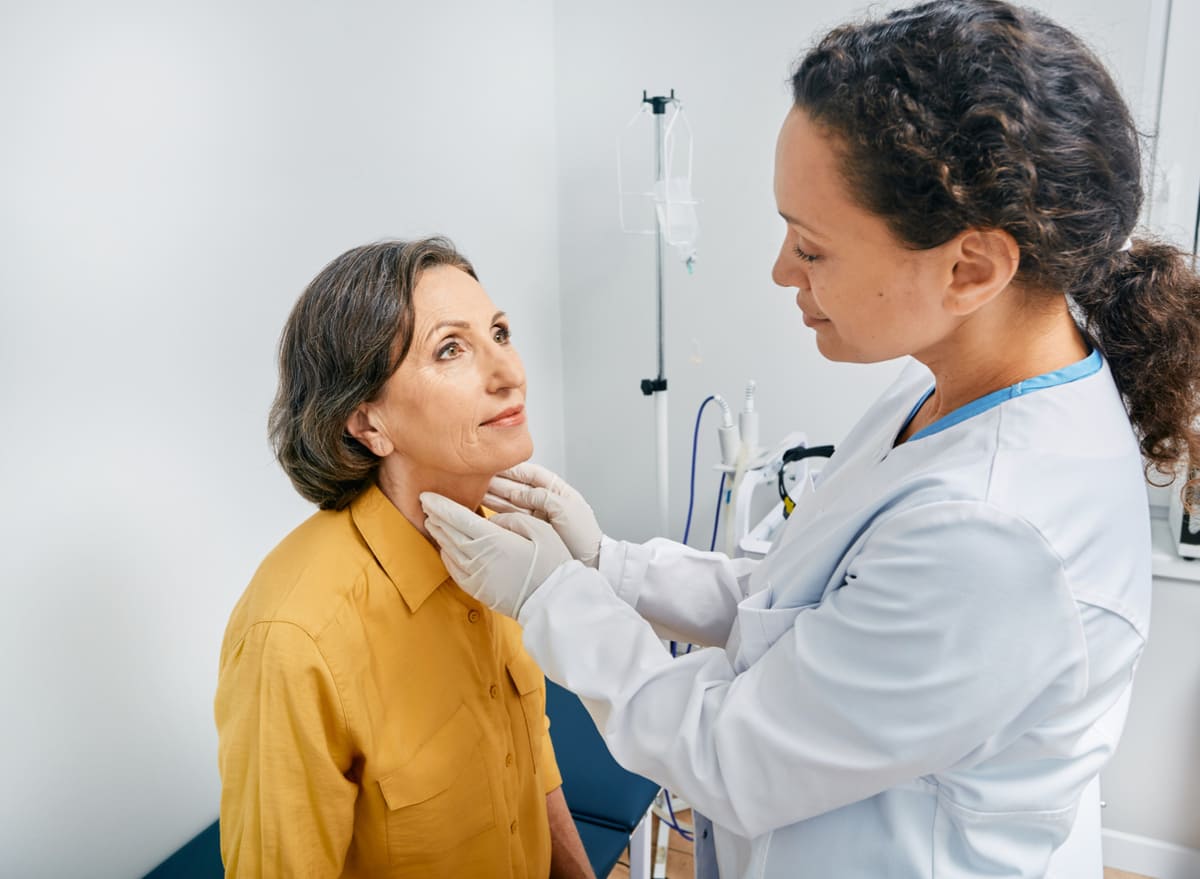
A thyroid panel tests the efficiency of your thyroid, a gland in your neck responsible for producing hormones that regulate your metabolism. As we age, women are susceptible to problems with their thyroid, resulting in hyperthyroidism or hypothyroidism. Both can wreak havoc on your quality of life and contribute to fatigue, anxiety, changes in weight, appetite, and sensitivity to temperatures -among other things. Test annually after menopause.
5. Bone Density Screening
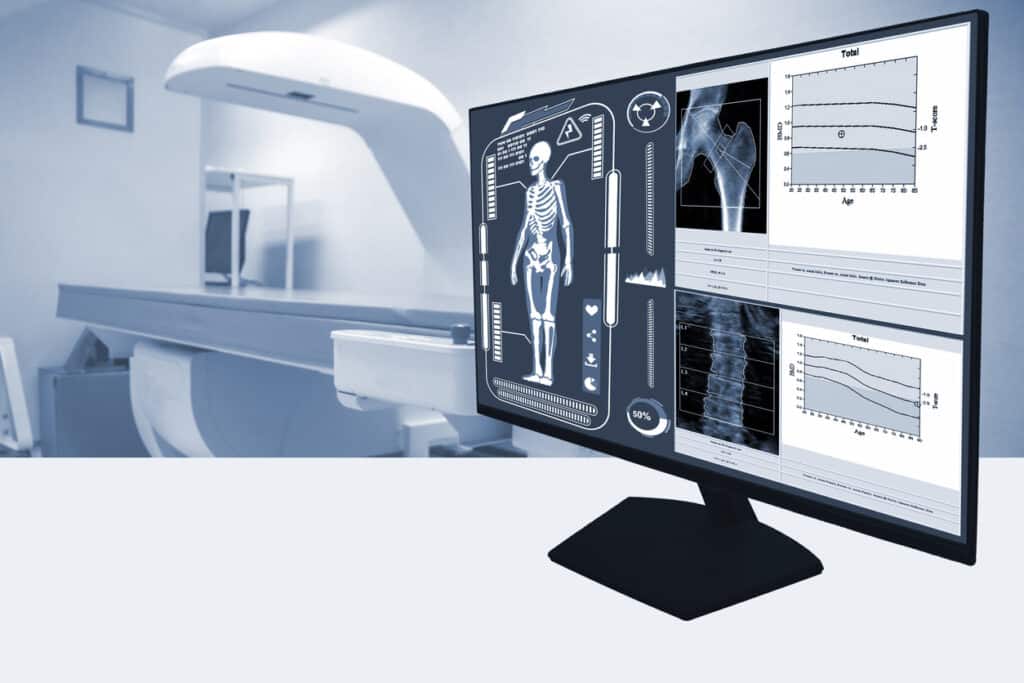
A DXA scan determines if you have or are at risk for osteoporosis. Women who have an increased risk for fractures or maintain a low body weight should be screened following menopause. Otherwise, tests should begin at age 65.
6. Breast Cancer Screening

According to the American Cancer Society, next to skin cancer, breast cancer is the most common cancer among women in the US. The Mayo Clinic supports screenings starting at age 40, and you should have a mammogram annually between the ages of 50 and 74. After that, consult with your doctor.
7. Cervical Cancer Screening
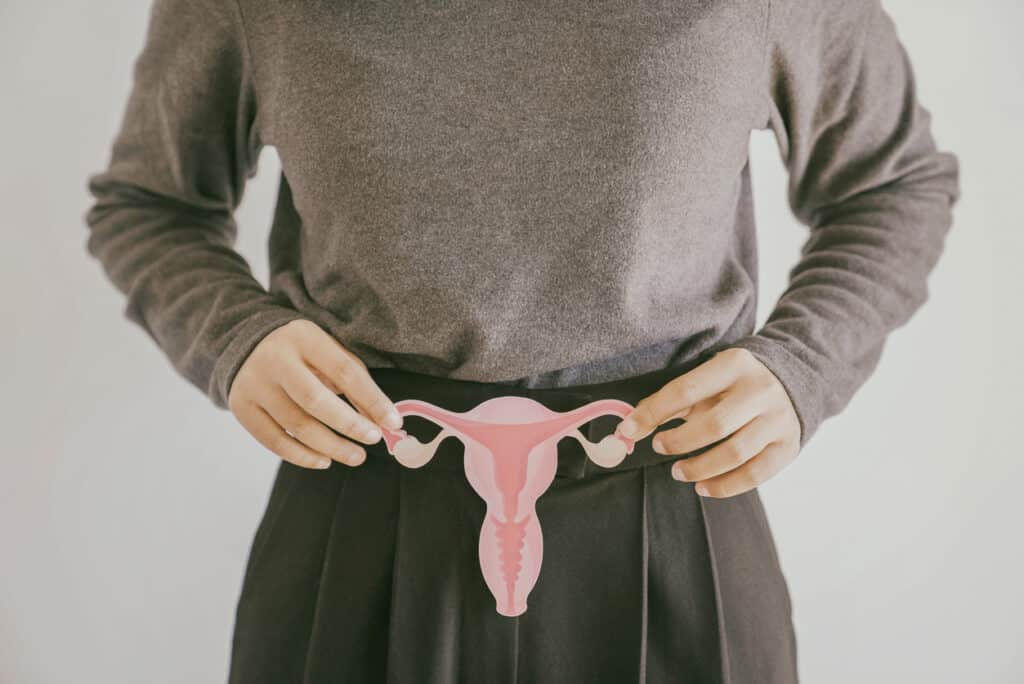
A pelvic exam and Pap smear are priority tests for women. Starting at age 21, routine screening is recommended every three years until you reach 65. After you turn 30, your doctor might recommend combining the Pap test with human papillomavirus screening (or the HPV test alone) every five years. Note that if you’re at a higher risk for cervical cancer, your doctor might recommend more frequent testing. You can stop getting Pap smears after you turn 65 or if you have a total hysterectomy.
8. Skin Tests
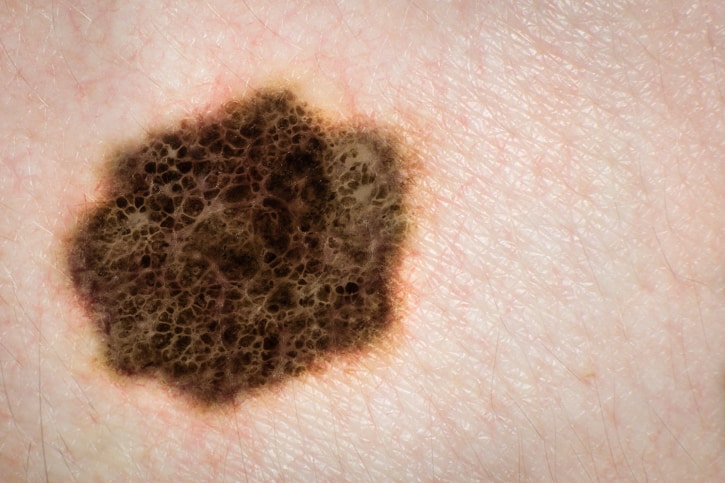
Have a dermatologist do a whole-body check for skin cancer annually or even more frequently if you’ve had skin cancers already identified. You should check your moles monthly for any change in size, color, texture, and shape.
9. Eye Screening
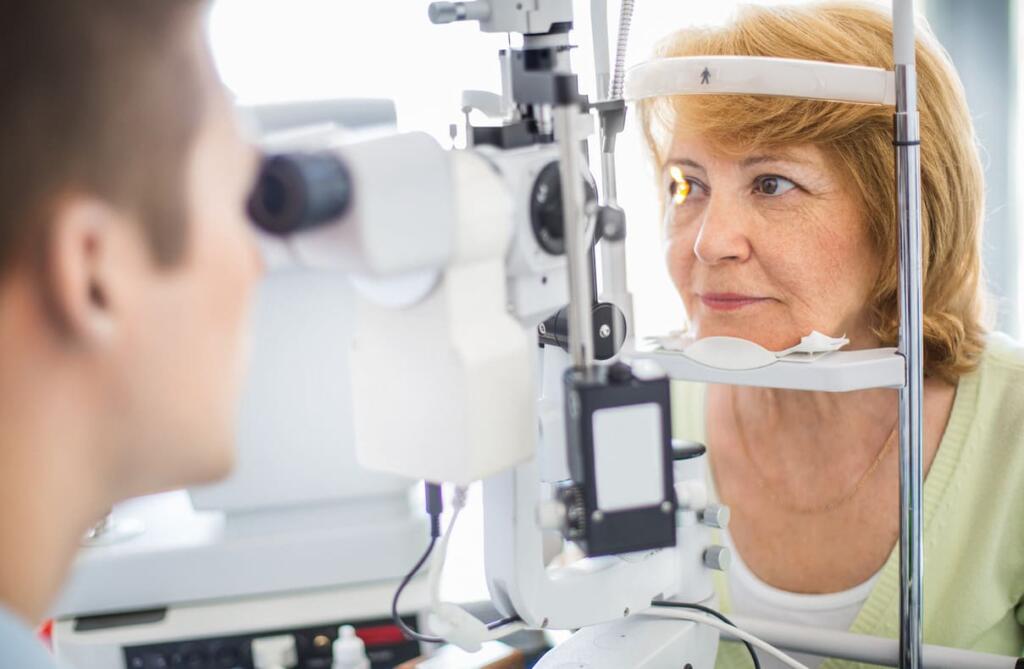
Vision-robbing diseases such as glaucoma and macular degeneration become more common with age. However, it’s imperative to track any changes in your eyes, so from the ages of 18-64, it’s recommended you get a comprehensive eye exam each year. Get your eyes examined every 1-2 years after you turn 65.
10. Colonoscopy
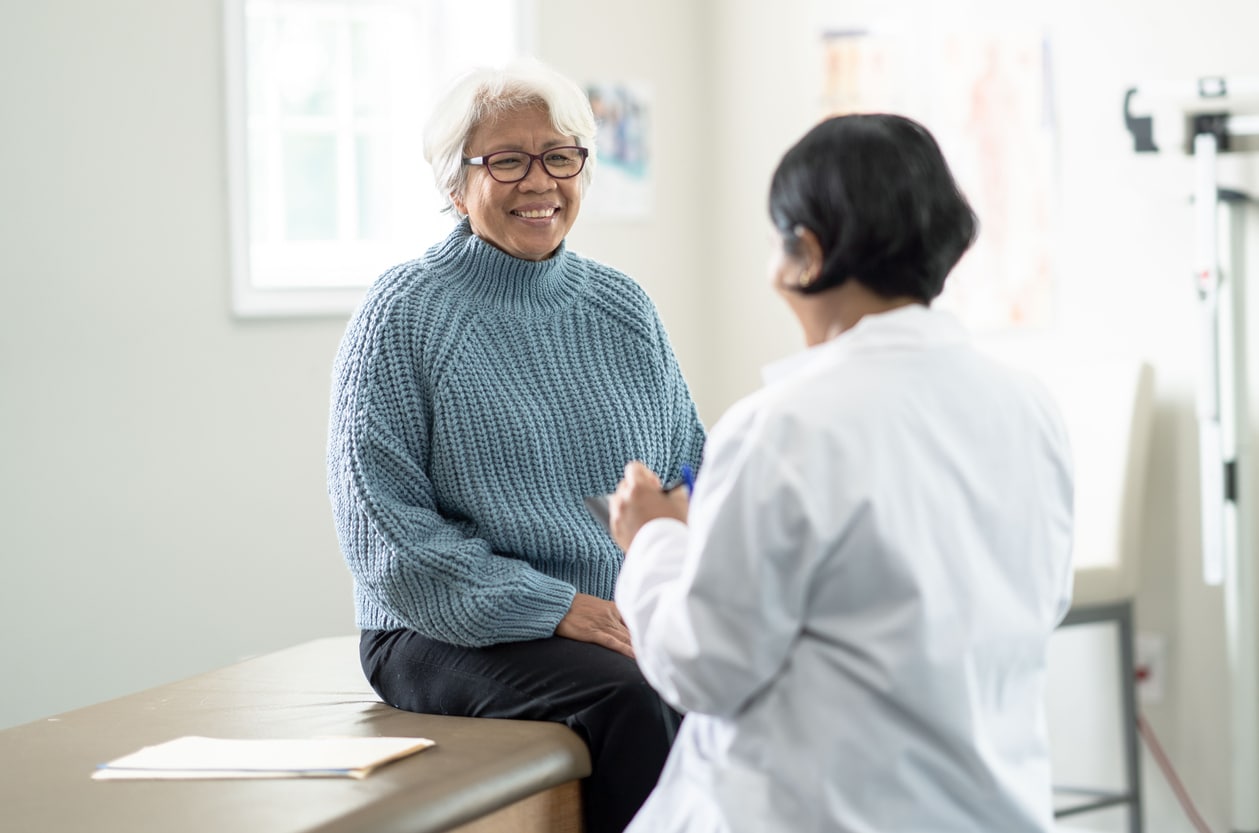
The much-dreaded and downright unpleasant colonoscopy is a must for women in their prime. The procedure allows doctors to identify and remove polyps early before they become life-threatening. Have your first around age 45 and every ten years after that unless otherwise instructed by your doctor. Individuals with a family history of colon cancer or polyps may need more frequent or earlier screening.
11. B12
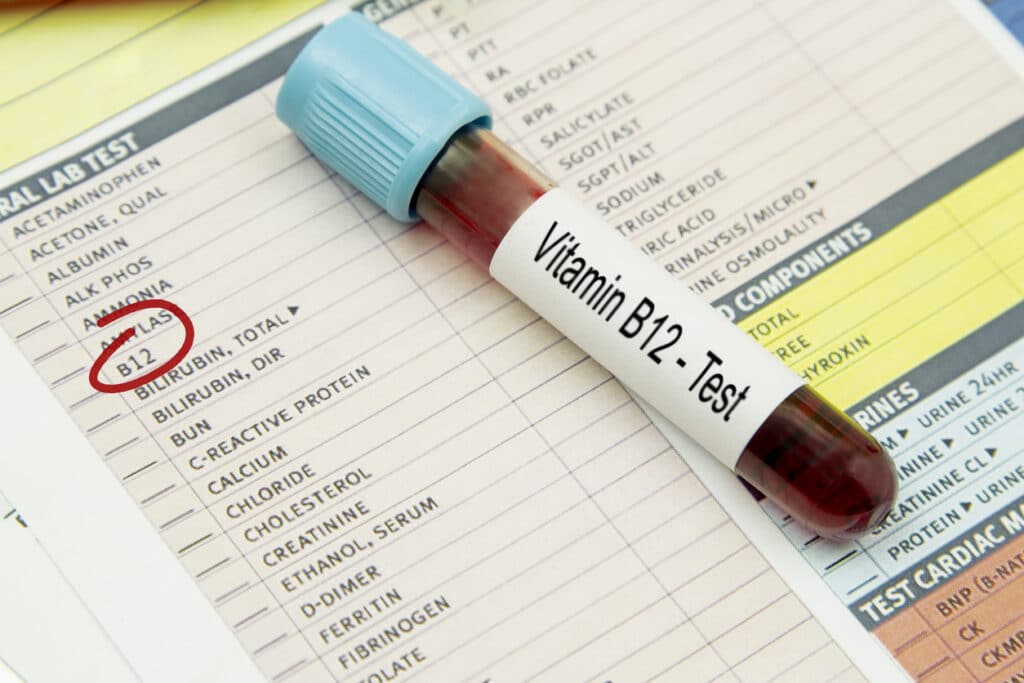
Deficiencies can lead to weakness, fatigue, loss of balance, cognitive issues, and tingling and numbness in your extremities. Unfortunately, we often lose the ability to absorb B12 from food as we age. In particular, women who follow a vegan or vegetarian diet suffer from digestive conditions or regularly take drugs for diabetes or heartburn (PPI) are even more prone to low levels. While readings above 200pg/mL are considered “normal,” most doctors recommend maintaining levels between 500-800pg/mL for optimal health.
12. Vitamin D

Our bodies require adequate amounts of vitamin D to absorb calcium. A deficiency can lead to osteoporosis, a major concern for women over 50. Make sure your levels are above 30 and preferably between 40-60ng/mL. Have your levels tested annually, and supplement if necessary.
This article on medical tests for women over 50 is for informational purposes only, is not intended to diagnose, treat, cure, or prevent any disease, and is not a substitute for medical advice. The above recommendations are indeed just that. If you notice changes in your health, seek medical attention promptly and do not wait for your annual checkup.
Read Next:

